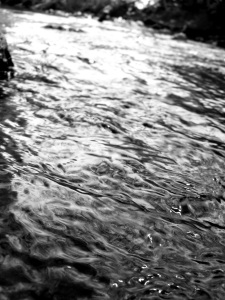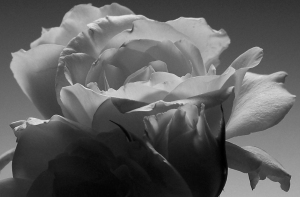
13 March 2011
The 72nd Day of 2011
The devastation from the earthquake and subsequent tsunami has reached incomprehensible proportions. The coverage on television, especially on CNN, has been complete and graphic. Yet, no matter how many times I see the angry ocean swallowing the villages and the people of Japan, it takes on an even more surreal quality. I have sustained shock and fear in two of the serious Southern California earthquakes, and experienced many minor “tremors” during my childhood and adult years in my home state. But nothing compares to what has come to the island country of Japan. At its epicenter, the quake measured 9.0 and some of the aftershocks (200 plus and more expected in the next weeks) are the same magnitude as major earthquakes in other parts of the world.
Japan’s tragedy is a natural one. It is not the result of terrorism, war, or retaliation, or the outcome of hostile relationships with anyone. It is the force that cannot be controlled nor can it be predicted, except that it would happen — but when and at what level? We are perhaps most uncomfortable when we can’t define why things happen, or point to blame or really explain why it was so enormous. It’s an unfortunate human need that many of us have – we want to assign responsibility for massive loss of life, when it comes during a violent act. And this was a violent action, not of humans, but of the Earth itself. The quake was so intense that the axis of the globe shifted, our balancing mechanism is differently aligned now. Although that does not influence our lives, it has a stunning meaning as metaphor and reality. “Rest your tired wings on Mother Earth and She will protect you” was the opening line to a meditation I used in my yoga practice years ago. Mother Earth needs protection as much as we do in these turbulent times.
Japan is slightly smaller than the state of California and so it is that an entire nation feels jangled. The aftershocks travel miles. The buzzing sound of the earth adjusting itself is a communal event. I will not share photographs of the things we are all seeing on the news, available 24/7, because it is not needed here. And because I believe that at a certain point, those images numb us to human loss. We lose perspective because the numbers are so large and the replaying of the horror becomes too much like a Hollywood destruction of the world film. We are accustomed to seeing images of all forms of violence, and to news coverage of natural disasters from Haiti, to Indonesia to South America, to our own country. Today, From this Terrace is dedicated to providing a space for silence, for the memory of the individual lives of those lost in Japan.
The petals tremble
On the yellow mountain rose
Roar of the rapids
If I see an old woman being carried out of a place of rubble and see only an elderly Japanese woman, then I am not seeing as a person, not as the person I strive to become in the years yet left to me. I want to see my own mother or my aunt. Japan is a part of me, a part of our shared world and our time together on this planet. I can’t dislodge Japan from my brainheart. I will not look away but look deeper — not at the larger landscape but at the smaller ones. The story of Japan on March 11, 2011 is not only the story of the thousands lost and dead, but also the story of the one. If we lose the meaning of the one lost life, one after another and another and another, we lose our ability to mourn with the country of Japan. We give up the opportunity to fully embrace the loss of global neighbors.
The passing spring
Birds mourn, fishes weep
With tearful eyes
My good friend Toni Bernhard, the author of How to Be Sick, wrote this and it has been something I’ve been trying to do, to the best of my ability. “I’m practicing tonglen for the people in Japan – breathing in their fear and suffering, breathing out what calm and compassion I can give. If you’re not comfortable with this practice, send them your thoughts and prayers in your own personal way.”
That is what I ask of all visitors to From This Terrace during these days and weeks ahead. Some of us will say traditional prayers from our faiths. Some will hold thoughts of compassion and hope. Some will engage in the Buddhist practice of tonglen. What you do and how you do it is not the issue; nor should judgment be passed on how people are able to connect, but only that we do. The Kaddish, the Jewish prayer for the dead, is not a prayer of death but of affirmation. CNN has been devoting a few minutes to reading “Tweets” translated into English. One stays with me. A mother wrote that her little child, two years old or so, said: “I want to arrest the Earthquake.” From that remark the mother drew strength, feeling comforted that her child had a sense of justice.


Physical and natural beauty are important in Japanese culture; the pictures placed here can remind us of that. The Haiku poems are written by Matsu Basho (1644-1694). They might serve as memorial words, but are also the statement of belief in the strength of a people to rebuild, to grieve — and be embraced by the kindness and compassion of the world.
How wild the sea is,
And over Sado Island,
The river of heaven
©2011 Alida Brill From This Terrace




